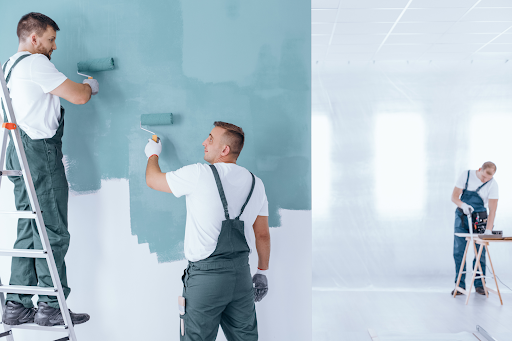Upgrading Your Water Heater: When and How to Make the Switch for Improved Efficiency
Have you ever considered how much your water heater affects your energy bills and overall household efficiency? Most people don’t think about it until they face issues with hot water availability or skyrocketing utility bills. However, upgrading your water heater can significantly improve efficiency and save you money in the long run. Here is a short guide on when you should upgrade your water heater for more efficiency.
Understanding the Importance of Efficiency
Let’s dive into why efficiency matters when it comes to your water heater. An older, less efficient water heater can consume more energy, leading to higher utility bills. By upgrading to a newer, more efficient model, you can potentially cut down on energy costs while also reducing your carbon footprint.
Signs It’s Time for an Upgrade
So, how do you know if it’s time to upgrade your water heater? Keep an eye out for these signs:
Age
Traditional tank-style water heaters typically last around 8-12 years. If yours is approaching this age, it might be time to consider an upgrade.
Frequent Repairs
Are you calling the plumber often to fix issues with your water heater? Constant repairs could be a sign that it’s reaching the end of its lifespan.
Inadequate Hot Water
If your water heater struggles to provide enough hot water for your household’s needs, it could be a sign that it’s failing.
Types of Water Heaters
Before making a decision, it’s essential to understand the different types of water heaters available:
Tank Water Heaters
These are the traditional water heaters that store hot water in a tank until it’s needed.
Tankless Water Heaters
They heat water on-demand, providing hot water instantly and saving energy by not constantly heating a tank.
Heat Pump Water Heaters
These extract heat from the air to heat water and are highly efficient.
Choosing the Right Size
Selecting the right-sized water heater is crucial for efficiency. If it’s too small, you might run out of hot water frequently. Conversely, an oversized heater could lead to unnecessary energy consumption. Consider your household’s hot water usage when determining the appropriate size.
Improving Efficiency
When upgrading, aim for a high Energy Factor (EF) rating. This rating indicates how efficiently a water heater uses energy. Opting for a more energy-efficient model can lead to substantial savings over time.
Professional Installation
While you might be tempted to install the new water heater yourself, it’s usually best to leave it to the professionals. A certified water heater repair naples fl plumber can ensure that the installation is done correctly, preventing potential issues and maximizing efficiency.
Considerations for Switching to Tankless
Thinking about switching to a tankless water heater? They offer several benefits, including space savings and endless hot water. However, they can have higher upfront costs. Evaluate your household’s needs and weigh the initial investment against the long-term savings.
Energy-Efficient Additions
You can further enhance the efficiency of your water heater by adding insulation to the tank and pipes. This helps retain heat and reduces standby heat loss.
If you’re environmentally conscious, consider renewable energy sources like solar-powered water heaters. While the initial investment might be higher, they can significantly reduce your reliance on conventional energy sources.









